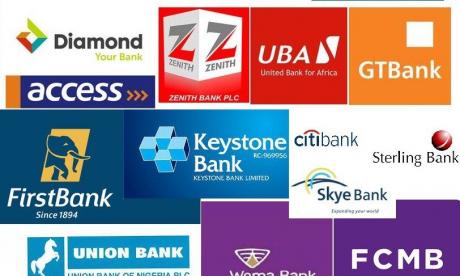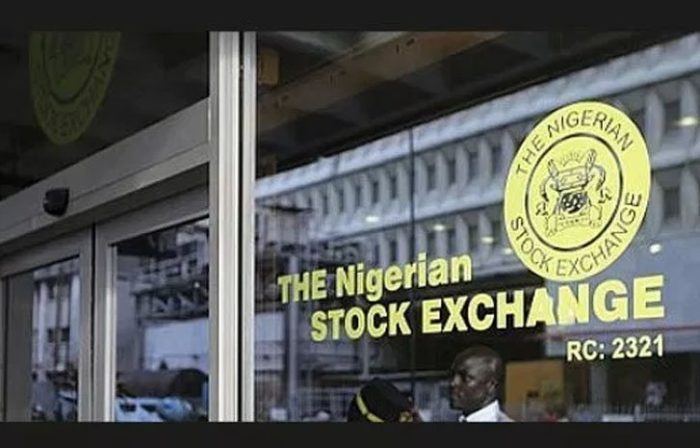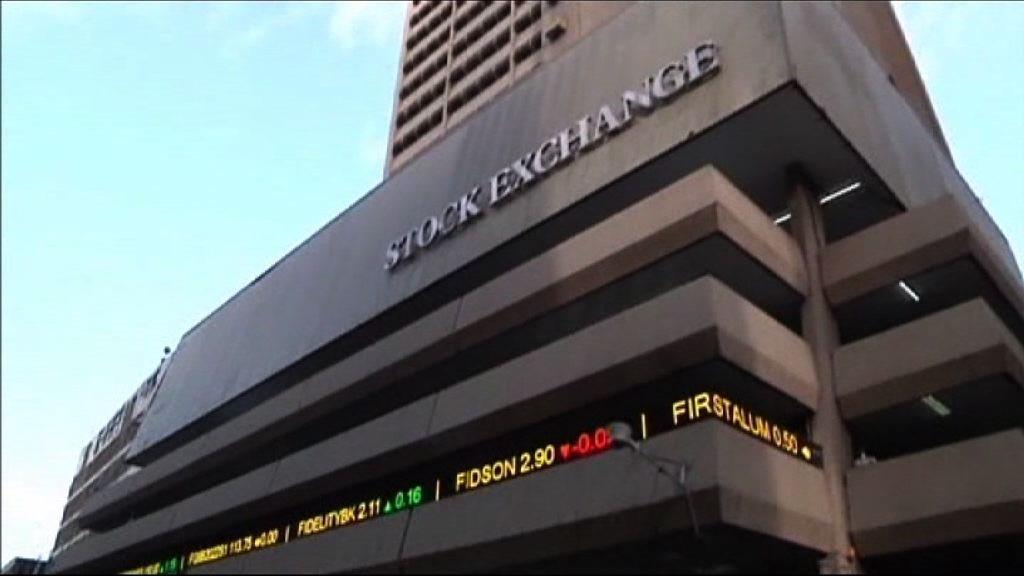Nigerian Banks have enjoyed a bullish ride on the Nigerian Stock Exchange for the past one year. The gains have cut across Tier 1 and 2 banks and have on the average been double digits year to date.
While the market is basked in the euphoria of mega profits naysayers have urged for caution citing the fact that among the positive gains recorded by banks, include the likes of Skye Bank, Diamond Bank and Unity Bank who are experiencing major challenges.
In the case of Skye Bank, it is yet to release its results since 2016 and unconfirmed reports suggest the bank is in a N700b hole. Nevertheless, investors have poured in money into banking stocks hoping to keep reaping the rewards if share prices continue to rise.
The sector is expected to have an average growth of 61% driven by FBNH, Fidelity and Diamond with estimated growth of 220%, 62% and 44% respectively.
Tier 1 banks are expected to drive dividend pay-outs, and also continue to dominate in absolute dividend paid and dividend pay-out ratio, driven by a combination of their more robust earnings generation capacity and stronger capital positions, putting them under less pressure to retain more earnings.
According to analysts, estimated dividend yields of 7.2%, 6.7% and 5.5% for UBA, Zenith and Access are expected to have estimated dividend yields of 7.2%, 6.7% and 5.5% respectively.
Tier 1 banks are still expected to dominate from a profitability stand point, despite the materially higher earnings growth expected from the tier 2 banks.
The tier 2 banks’ earnings are growing from a materially lower position in 2016. “We expect GTB’s ROAE and ROAA to remain the highest within our coverage, at 28.3% and 4.8% respectively in 2017e. We expect ROAE of 20.9% and 18.7% for Zenith and Access respectively, while we estimate weak ROAE positions for FCMB and Diamond at 6.1% and 2.3% respectively,” a report stated.
On the issue of bad loans, experts expect the NPL ration to decline by 140bps to an average of 7.3% in 2017 from 2016. They however seeupside risk to Access Bank’s NPL ratio at this time, adding that the bank is behind the curve on asset quality deterioration relative to peers.

 Health5 days ago
Health5 days ago
 Entertainment6 days ago
Entertainment6 days ago
 Crime5 days ago
Crime5 days ago
 Education7 days ago
Education7 days ago
 Health7 days ago
Health7 days ago
 Comments and Issues6 days ago
Comments and Issues6 days ago
 Football6 days ago
Football6 days ago
 Latest6 days ago
Latest6 days ago



